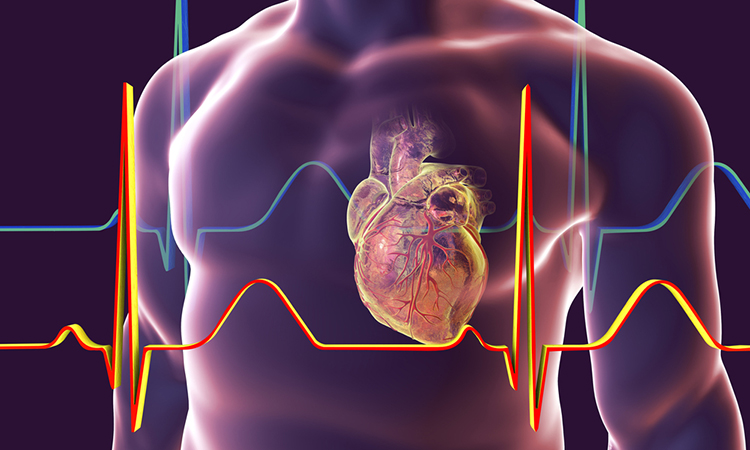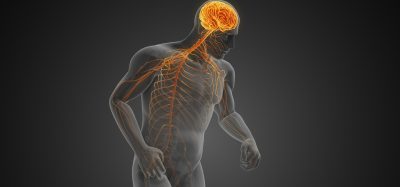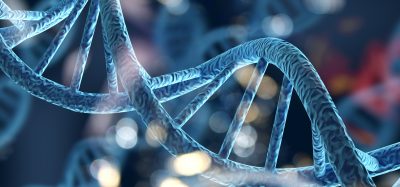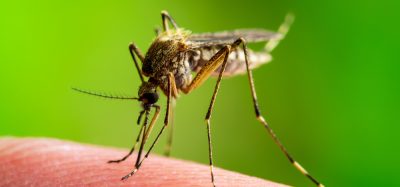Replacing the PKP2 gene prolongs survival in ARVC patients
Posted: 31 January 2024 | Drug Target Review | No comments yet
The new study suggests that this gene therapy method may combat ARVC in both early and more advanced stages of the condition.


Scientists at NYU Grossman School of Medicine and Rocket Pharmaceuticals have revealed that replacement of the -plakophilin-2 (PKP2) gene could prolong survival in some people with arrhythmogenic right ventricular cardiomyopathy (ARVC). ARVC, a rare inherited disorder in which the muscular walls of the heart progressively weaken, puts patients at risk of irregular heartbeats. The most advanced stages of ARVC are marked by irreversible heart damage, which can require a heart transplant. Researchers have long sought to slow the disease and prevent as much tissue loss as possible.
The PKP2 gene, which is implicated in many cases of ARVC, provides instructions for producing a protein that holds heart tissues together. When the gene, which is one of several thought to contribute to the disease, is defective and fails to make a functional protein, fibrous and fatty tissue builds up within the heart’s walls and weakens them. Although current therapies can help to restore the heart’s normal rhythm and control symptoms, they do not provide a cure.
The new study showed that untreated mice engineered to lose PKP2 gene function died within six weeks after the gene was silenced. However, apart from one mouse, all those that received a single dose of a gene therapy lived for over five months. Also, a 70 percent to 80 percent reduction in fibrous tissue build up, depending on the dose, was observed in mice that received the replacement gene.
Co-lead author Dr Chantal van Opbergen, a postdoctoral research fellow at NYU Langone Health, explained: “Our findings offer experimental evidence that gene therapy targeting plakophilin-2 can interrupt the progression of a deadly heart condition.”
The scientists altered the genetic makeup in a mouse model of ARVC to render the PKP2 gene non-functional. They used an adeno-associated viral vector as the delivery mechanism to transfer the healthy gene into the cardiac cells for a proof-of-concept. Unlike infectious viruses, viral vectors, small particles that transport the desired gene into target cells by taking advantage of their natural infection process, do not multiply after their genetic material is transferred to the heart cells. These heart cells produce the normal protein with the healthy gene in place. The viral vector used in the study was designed by Rocket Pharmaceuticals.
The findings demonstrate that the experimental treatment reduced episodes of arrhythmia in the mice by as much as 50 percent, slowed the deterioration of the heart’s walls, and maintained their ability to pump blood effectively. Co-senior author Dr Mario Delmar, the Patricia M. and Robert H. Martinsen Professor of Cardiology in the Department of Medicine at NYU Langone Health and a professor in its Department of Cell Biology, commented: “These results suggest that this gene-therapy method may combat arrhythmogenic right ventricular cardiomyopathy in both early and more advanced stages of the condition.”
“Such promising findings in animal models pave the way towards exploring this treatment option in humans,” added co-senior author and cardiologist Dr Marina Cerrone. However, she cautioned that although targeting PKP2 affects one of the most common causes of ARVC, further experiments are required to correct other genetic mutations that contribute to the disease.
This study was published in Circulation: Genomic and Precision Medicine.
Related topics
Disease Research, Drug Targets, Gene Therapy, In Vivo, Viral vectors
Related conditions
arrhythmogenic right ventricular cardiomyopathy (ARVC)
Related organisations
NYU Grossman School of Medicine, Rocket Pharmaceuticals








